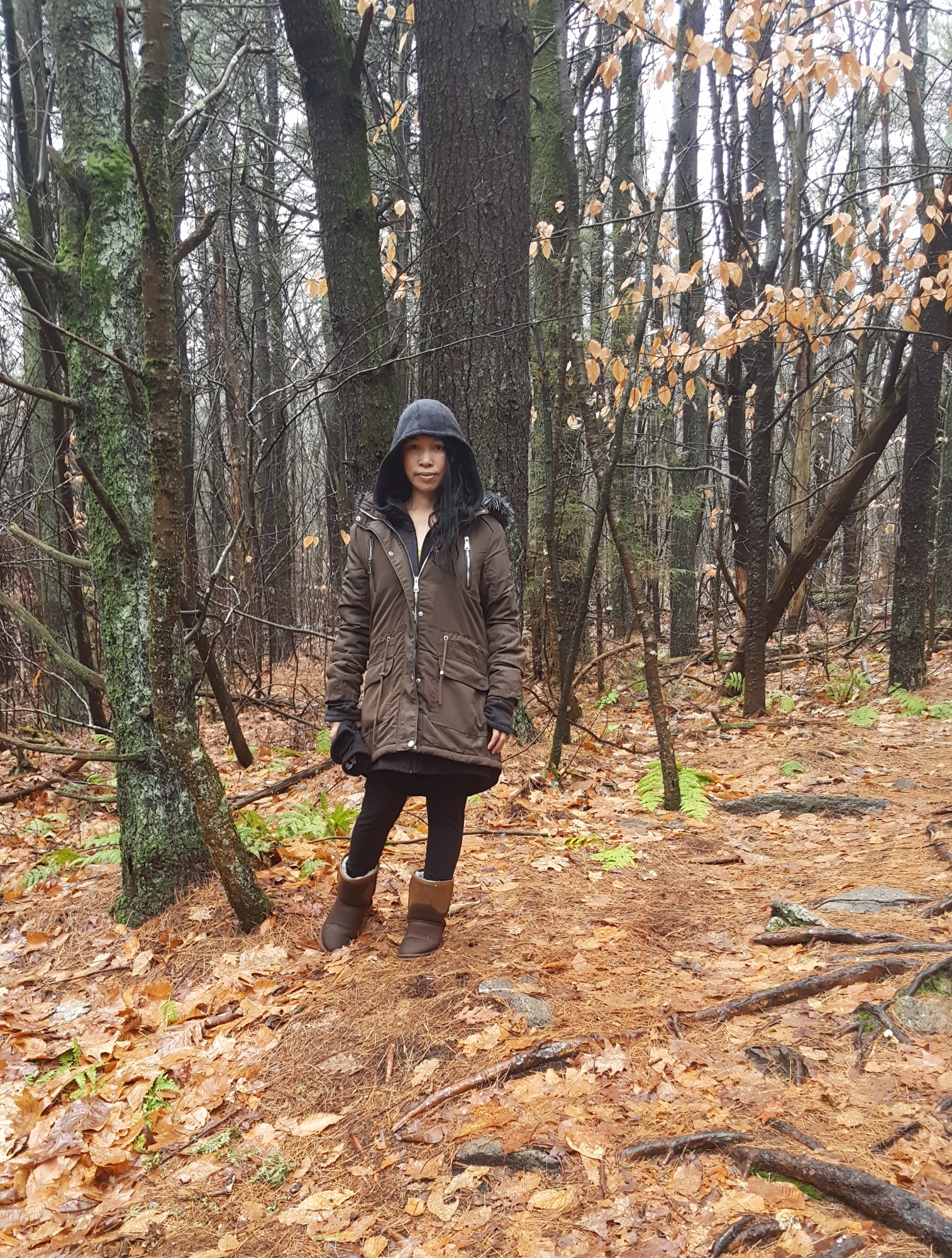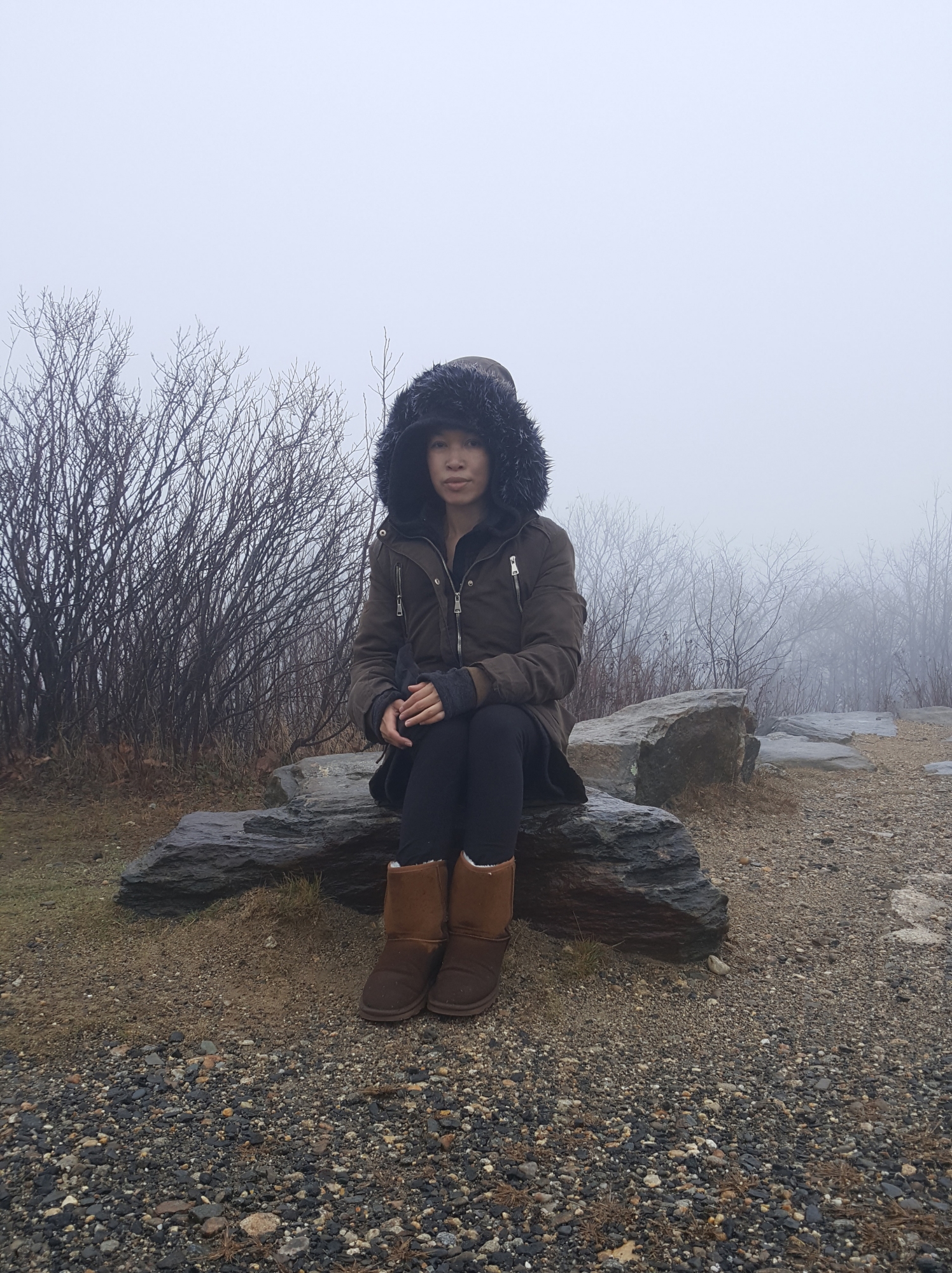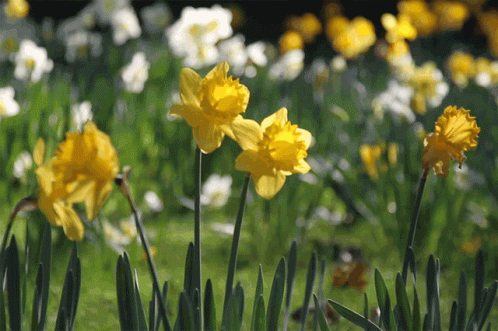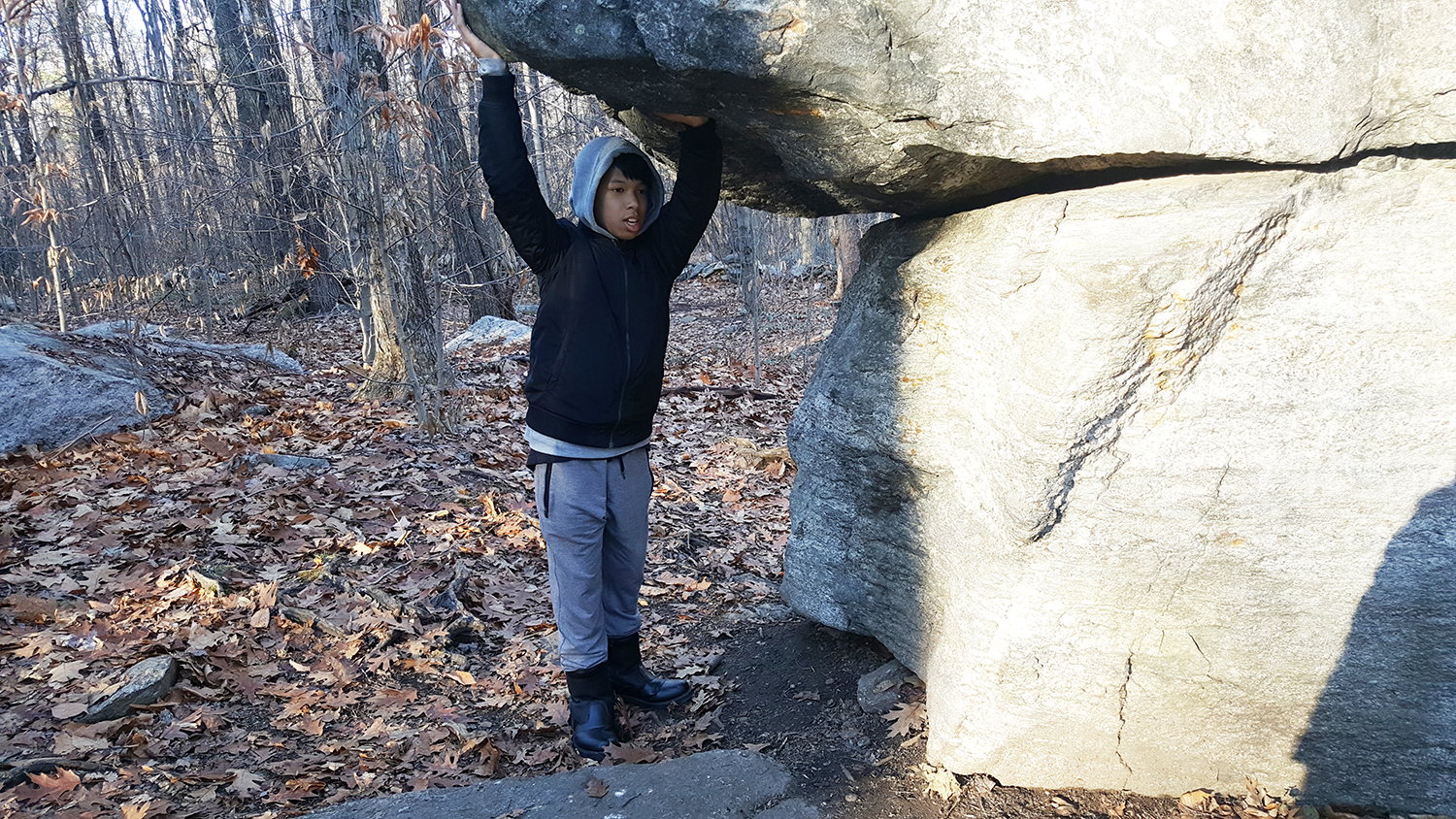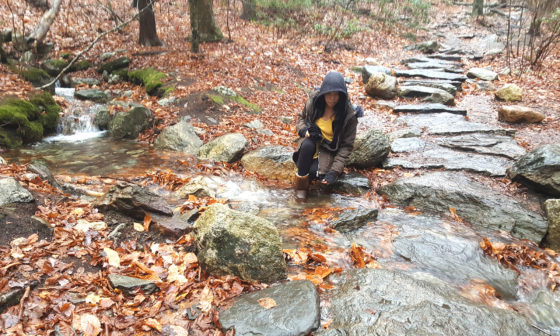-
-
Questions & Answers with Ajahn Chah
Comment November 30, 2020Question: I’m trying very hard in my practice but don’t seem to be getting anywhere.
Answer: This is very important. Don’t try to get anywhere in the practice. The very desire to be free or to be enlightened will be the desire that prevents your freedom. You can try as hard as you wish, practise ardently night and day, but if it is still with the desire to achieve in mind, you will never find peace. The energy from this desire will be a cause for doubt and restlessness. No matter how long or how hard you practise, wisdom will not arise from desire. So, simply let go. Watch the mind and body mindfully but don’t try to achieve anything. Don’t cling even to the practice of enlightenment.
Question: What about sleep? How much should I sleep?
Answer: Don’t ask me, I can’t tell you. A good average for someis four hours a night. What is important, though, is that you watch andknow yourself. If you try to go with too little sleep, the body will feel uncomfortable and mindfulness will be difficult to sustain. Too much sleep leads to a dull or a restless mind. Find the natural balance for yourself. Carefully watch the mind and body and keep track of sleep needs until you find the optimum. If you wake up and then roll over for a snooze, this is defilement. Establish mindfulness as soon as your eyes open.
Q: How about eating? How much should I eat?
Answer: Look at your food as medicine. Are you eating so much that you only feel sleepy after the meal and are you getting fatter every day? Stop! Examine your own body and mind. There is no need to fast. Instead, experiment with the amount of food you take. Find the natural balance for your body. Put all your food together in your bowl following the ascetic practice. Then you can easily judge the amount you take. Watch yourself carefully as you eat. Know yourself. The essence of our practice is just this. There is nothing special you must do. Only watch. Examine yourself. Watch the mind. Then you will know what is the natural balance for your own practice. Continue reading
-
A Warm Fire in Your Heart
1 November 30, 2020Metta can accurately be compared with a warm and radiant fire burning in your heart. You cannot expect to light the fire of loving-kindness by starting with a difficult object, no more than you can expect to light a campfire by striking a match under a thick log. So do not begin metta meditation by trying to spread metta to yourself or to an enemy. Instead begin by spreading loving-kindness to something that is easy to ignite with loving-kindness, or what I like to call kindfulness. Kindfulness enables you to embrace other beings—as well as yourself—just as they and you are.
In metta meditation you focus your attention on the feeling of loving-kindness, developing that delightful emotion until it fills the whole mind. The way this is achieved can be compared to the way you light a campfire. You start kindfulness with paper or anything else that is easy to light. Then you add kindling, small twigs, or strips of wood. When the kindling is on fire you add thicker pieces of wood, and after a time the thick logs. Once the fire is roaring and very hot, you can even put on wet and sappy logs and they are soon alight.
A Warm Fire in Your Heart — Ajahn Brahm
***
To love means loving the unlovable. To forgive means pardoning the unpardonable. Faith means believing the unbelievable. Hope means hoping when everything seems hopeless. — G.K. Chesterton
-
Embrace with courage, faith and hope
1 November 30, 2020 -
Spiritual satisfaction
Comment November 30, 2020Nature holds the key to our aesthetic, intellectual, cognitive and even spiritual satisfaction. — E. O. Wilson
Away, away,—to the mountains away,
Where the pine trees murmur and sway,
And the foamy waterfalls sing and spring
Over the boulders gray.In Covert, written by Ruby Archer
-
Everything in the world is our teacher
2 November 30, 2020 -
Meditation is like a single log of wood
Comment November 30, 2020 -
Never measure the height of a mountain until you reach the top
Comment November 29, 2020Never measure the height of a mountain until you reach the top. Then you will see how low it was. — Dag Hammarskjöld
You are not in the mountains. The mountains are in you. – John Muir
The mountains are the last place where man can feel truly wild. – We Dream of Travel
So this was what a mountain was like, the same as a person: the more you know, the less you fear. – Wu Ming-Yi
Somewhere between the bottom of the climb and the summit is the answer to the mystery why we climb. — Greg Child
The way up to the top of the mountain is always longer than you think. Don’t fool yourself, the moment will arrive when what seemed so near is still very far. — Paulo Coelho
“Every mountain top is within reach if you just keep climbing. — Barry Finlay Continue reading
-
The sacred place of silent minds and deep souls is the depths of the forest
Comment November 28, 2020Keep close to Nature’s heart…and break clear away, once in a while, and climb a mountain or spend a week in the woods. Wash your spirit clean. — John Muir
What an irony it is that these living beings whose shade we sit in, whose fruit we eat, whose limbs we climb, whose roots we water, to whom most of us rarely give a second thought, are so poorly understood. We need to come, as soon as possible, to a profound understanding and appreciation for trees and forests and the vital role they play, for they are among our best allies in the uncertain future that is unfolding. ― Jim Robbins, The Man Who Planted Trees: Lost Groves, Champion Trees, and an Urgent Plan to Save the Planet
The forest is a peculiar organism of unlimited kindness and benevolence that makes no demands for its sustenance and extends generously the products of its life activity; it affords protection to all beings, offering shade even to the axe-man who destroys it. — Gautama Buddha
The sacred place of silent minds and deep souls is the depths of the forest! ― Mehmet Murat ildan
A nation that destroys its soils destroys itself. Forests are the lungs of our land, purifying the air and giving fresh strength to our people. — Franklin D. Roosevelt
-
Most beautiful things in this world cannot be seen or even heard
Comment November 26, 2020The best and most beautiful things in this world cannot be seen or even heard, but must be felt with the heart. — Helen Keller
Love recognizes no barriers. It jumps hurdles, leaps fences, penetrates walls to arrive at its destination full of hope. — Maya Angelou
Some love stories aren’t epic novels. Some are short stories. But that doesn’t make them any less filled with love. — Carrie Bradshaw in Sex and the City
To love or have loved, that is enough. Ask nothing further. — There is no other pearl to be found in the dark folds of life. — Victor Hugo, Les Misérables
I just want you to know that you’re very special. . . and the only reason I’m telling you is that I don’t know if anyone else ever has. — Stephen Chbosky, The Perks of Being a Wallflower Continue reading




